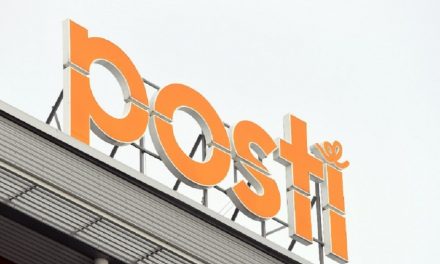
SAS Cargo set to become an independent company
SAS, the multinational Scandinavian airline, hopes to announce an agreement with employees within the next few days which will clear the way for its cargo department to become an independent company.
SAS committed itself to taking that step on joining the NewGlobalCargo alliance with Lufthansa and Singapore Airlines last May. Lufthansa Cargo has been an independent company within the German-based Lufthansa Group since 1995.
However, SAS unions have to date resisted the move, fearing that it could be the first step towards the cargo department being taken over by Lufthansa. In fact, last August, SAS Cargo staff almost went on strike over the issue but pulled back following management assurances. Subsequently, say well-informed sources, unions representing SAS staff in Denmark and Norway have again threatened industrial action on certain occasions.
An SAS spokesperson says negotiations between management and the unions have been complicated by the need to establish separate deals in each of the three countries where the airline is based – Norway, Sweden and Denmark. However, she says, an agreement has now been finalised in Denmark.
Details of that agreement have not been made public. However, one well-placed source says it is understood the deal may include an option for SAS Cargo staff to be employed either by the planned new company or remain as employees of SAS.
Meanwhile, SAS Cargo has nearly finished integrating its sales teams with those of Lufthansa Cargo in Europe. In most countries, this has only meant bringing separate teams together under one roof. In Norway, Sweden, Denmark and Finland, though, it has led to the creation of a single joint team under one manager. Two countries where no integration has so far taken place at all are Poland and Germany. “In both cases this is only due to practicalities,” insists the spokesperson. “In the case of Germany, it is the sheer size of the organisations.”
Some critics claim that as a result of the integration, SAS Cargo has become little more than a regional arm of Lufthansa. It no longer flies its own longhaul freighters, simply taking space on Lufthansa routes. In addition, SAS Cargo’s traffic (in freight tonne kilometres) is only 11 per cent of the size of the German carrier. However, Peter Grønlund, general manager of SAS Cargo, turns this argument on its head. “Size would be an issue whether we were in an alliance or not,” he says. “At least this way we have more influence than we would otherwise have.”










